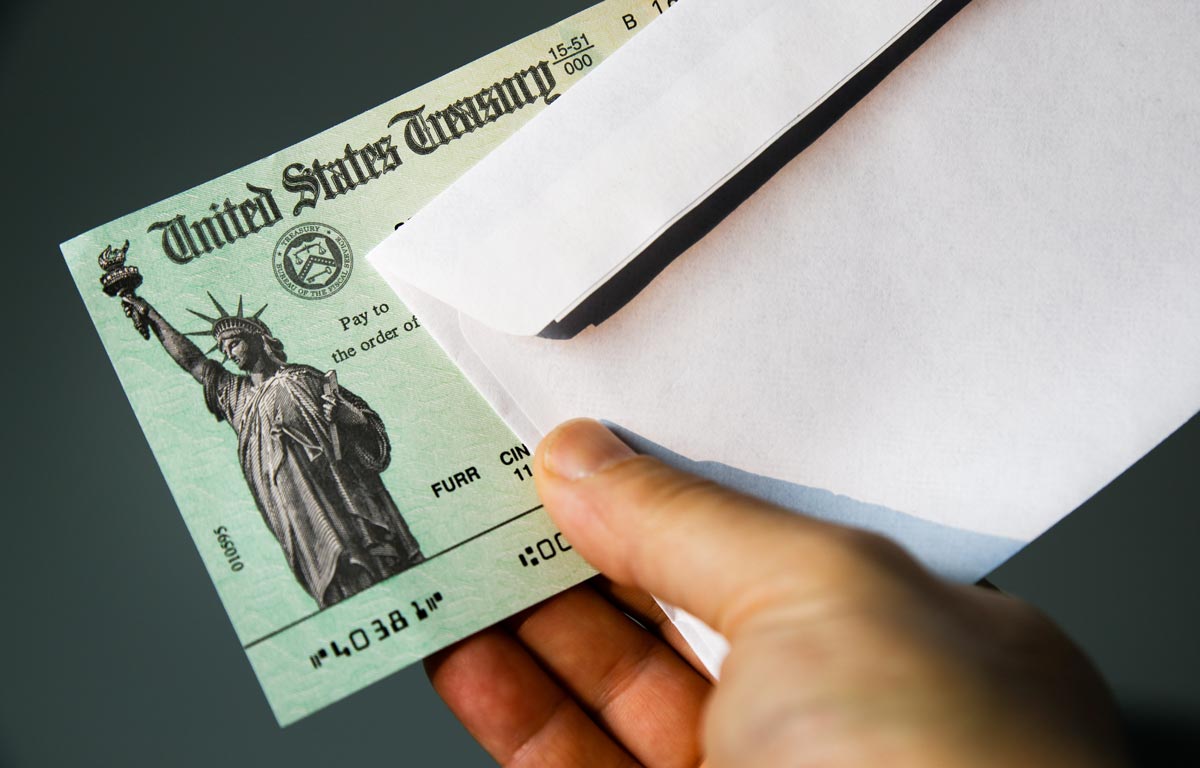After eight months of negotiations, the Senate has finally passed a bipartisan deal on a new coronavirus stimulus plan. The $900 billion economic relief package will deliver emergency aid to a trampled economy and provide struggling Americans with desperately needed funds.
The bill will put $325 billion toward business relief in an effort to revive strained corporations around the country. Specifically, an approximate $275 billion will fund the depleted Paycheck Protection Program, which now includes loans made available from small lenders. Another $20 billion will be directed toward small business grants and $15 billion will go toward live event venues.
Another crucial component of the stimulus bill is the boost in unemployment insurance. The bill adds a $300 federal unemployment supplement and extends pandemic-era programs that expand eligibility for unemployment.
The legislation also designates $82 billion for schools, $45 billion for transportation needs, $25 billion in rental assistance, $20 billion for vaccine distribution and $13 billion for a significant expansion of food assistance benefits.
Most Americans are primarily concerned with just one part of the bill: the second round of stimulus checks, or Economic Impact Payments (EIP).
Here’s all you need to know about the second stimulus checks:
Who qualifies for a stimulus check?
The $600 payments will be distributed to eligible recipients based on their 2019 tax returns as follows:
- Each adult who earned $75,000 or less will receive a stimulus check of $600.
- Married individuals filing jointly who earned $150,000 or less will each receive a stimulus check of $600.
- Heads of households earning up to $112,500 will receive up to $600.
- Parents and legal guardians will receive a $600 check for each dependent under age 17.
- Adults who earned more than $75,000, married individuals filing jointly who earned more than $150,000 and heads of households who earned more than $112,500 will have their payout reduced by $5 for every additional $100 of income.
Who does not qualify for a stimulus check?
- Adults who earned $87,000 or more, married couples filing jointly who earned $174,000 or more and heads of households who earned $124,500 or more are not eligible for the EIPs.
- Adults who are claimed as dependents will not be eligible for the EIPs.
- Undocumented immigrants will not be eligible for a direct payment; however, households in which one parent has legal residency and another does not are eligible to receive the checks.
What if I didn’t file a tax return for 2019?
If you have not filed a tax return for 2019, you’ll need to complete this form to receive the stimulus payment.
When will I get my check?
The distribution of these payments has already begun and is expected to be a lot quicker than the first EIPs back in the spring.
Most individuals and couples who have filed taxes for 2019 will receive their checks first via direct deposit into their accounts. Those who have not yet filed taxes for 2019 will receive their EIP in the mail, via paper check or prepaid debit card. This process may take up to five months.
If you’ve filed taxes already but the IRS does not have your account information, you may have to wait a while to receive your payment. If you’d rather get it sooner than later, you can use this link to securely share your account information with the IRS and receive your payment via direct deposit.
For those receiving their EIPs in the mail, expect the first round of payments to go to those earning less than $20,000 a year. The next round will go toward those in the next income bracket, in ascending order until all eligible individuals and couples have received their funds.
Wondering how big your second stimulus check will be? You can use one of the many online calculators to determine your amount by entering details like your income, filing status and the number of dependents you have.
Let’s hope the new infusion of funds will help the economy bounce back and regain some of the financial losses incurred during COVID-19.



